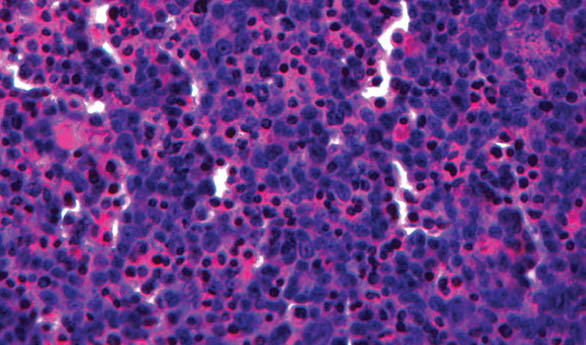California-Based Researchers Create The Worlds Smallest Liver From A 3D Printer

3D printed guns and spaceships are cool but bioprinting will be 3D printing’s shinning achievement and Scientists from San Diego have created what could be one of most technologically advanced prints ever. The researchers are working for Organovo and they created fully functioning human liver tissue which can survive 40 days with a 3D printer.
The tiny-livers are just half a millimetre deep and four millimetres wide but can perform most of the functions that a real liver can. Data from Organovo shows that the liver tissue is responsive to acetaminophen, a known liver toxin. From this information Organovo’s 3D Liver tissue could potentially have a huge value in assessing toxicology problems in human liver’s over an extended period of time.
The bioprinter builds up layers of hepatocytes cells, which carry out liver functions. The printer adds endothelial cells which form the liver’s architectural support and cells from the lining of blood vessels to provide nutrients and oxygen to the liver cells/tissue.
While 40 days of life doesn’t seem that long considering that human cells last anywhere from 300 to 500 days, it is a definite improvement over their previous attempt, which only lasted 5 days.
Organovo’s chief executive officer, Keith Murphy said “In April we were able to show that liver function was retained in our 3D liver for over five days, and we have now demonstrated that our tissues perform consistently for at least 40 days, a significant improvement over the average 48 hour performance of 2D cultures.”
By the end of 2014, Organovo plans to have their 3D printed human liver on the market. This will hopefully lead to faster drug development and it will give pharmaceutical researchers the ability to assess responses to different drugs on the liver.
“The stable, liver-specific functionality of 3D Liver is consistent with our observations that other NovoGen bioprinted tissues become fully cellular, steady state, living tissues that persist over time. Furthermore, the fact that these tissues demonstrate similar activity to native liver when presented with a known challenge drug is an encouraging indication of utility in drug development.” said Murphy.
About Organovo:
Organovo (NYSE MKT: ONVO) designs and creates functional, three-dimensional human tissues for medical research and therapeutic applications. The Company is collaborating with pharmaceutical and academic partners to develop human biological disease models in three dimensions. These 3D human tissues have the potential to accelerate the drug discovery process, enabling treatments to be developed faster and at lower cost. In addition to numerous scientific publications, their technology has been featured in The Wall Street Journal, Time Magazine, The Economist, and other outlets. Organovo is changing the shape of medical research and practice. Learn more at www.organovo.com or connect with us on Twitter.
